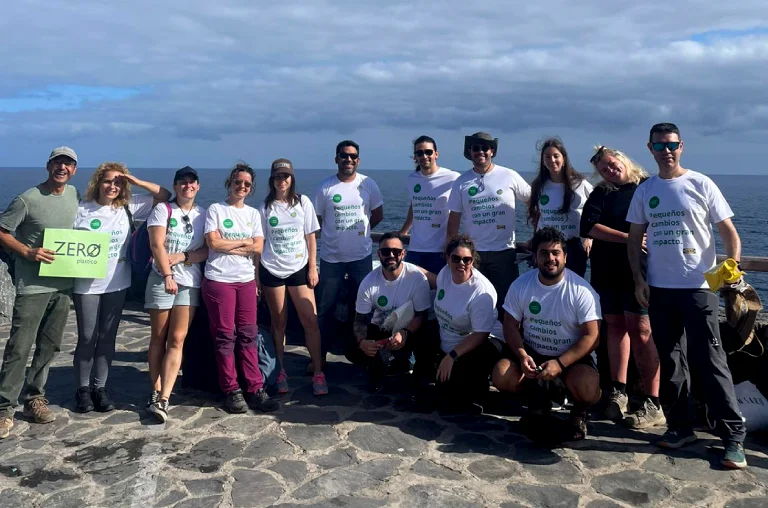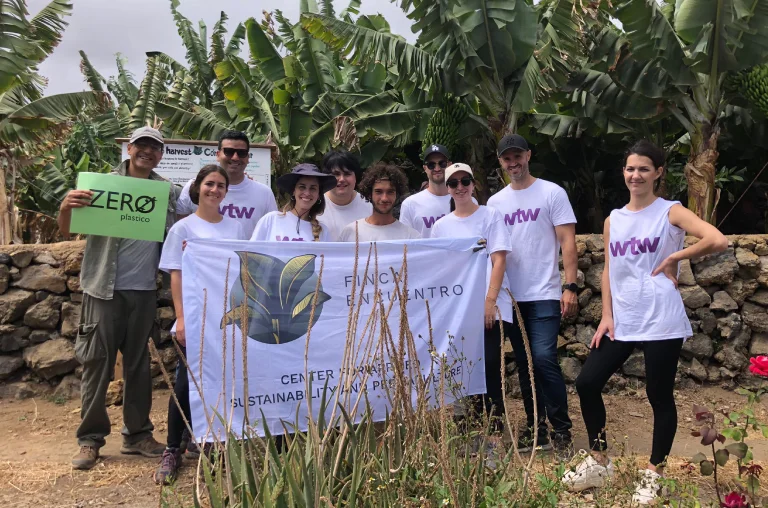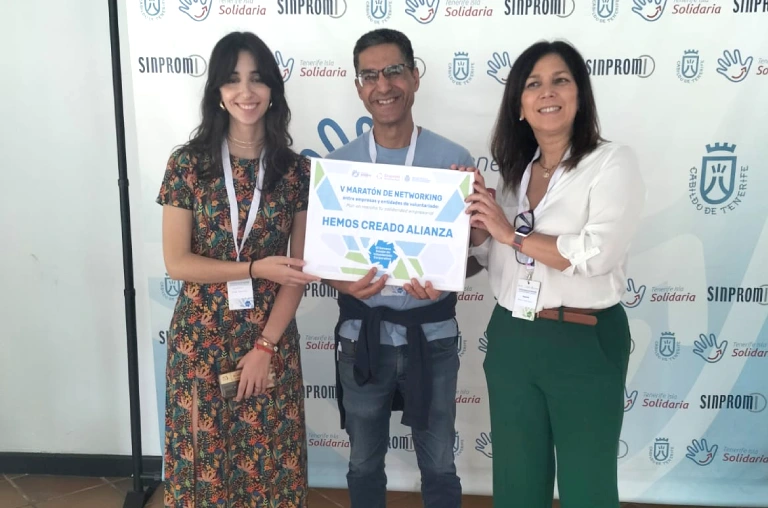CONICET experts participated as scientific observers in the third meeting of the Special Intergovernmental Committee within the framework of the United Nations Environment Program.
In Nairobi, Kenya, the headquarters of the United Nations Environment Program (UNEP) held the third meeting of the Intergovernmental Committee (INC-3) to develop a global treaty on plastic by 2025. I will meet representatives from all 175 countries negotiators. countries, including Argentina. Two CONICET experts participated as scientific observers: Andrés Arias, researcher at the Argentine Institute of Marine Research (IADO, CONICET-UNS), and Marina Fernández, researcher at the Institute of Biological and Experimental Medicine (IBYME, CONICET-F-IBYME). There are no governmental organizations around the world that participate in discussions and provide scientific assistance to groups in each country.
According to experts, it was during the third meeting that the non-textual content of the agreement reached between the second and third meetings was discussed. This document has different sections that include objectives, responsibilities and procedures. In addition, a liaison group has been established to analyze other aspects of the proposal and consider scientific support.
“This is a world-renowned environmental initiative that aims to reduce plastic pollution throughout the entire life cycle of plastic, including marine pollution and micro-pollution. More broadly, the objectives of the agreement are to protect health, protect human rights and protect the environment. “In this country, our common home and region, we see that the ability to manage certain aspects of the crisis internationally and with legal obligations for all countries is very important for the main objective of the agreement,” said Arias.
He explains: “For example, since 1950, the production of feminine plastics has been increasing globally: from 200 billion / year to more than 400 million tons / year today. This productivity will almost double by 2040 and triple by 2060. Of course, a sustainable system does not meet global boundaries or the sustainability goals agreed upon by all countries. Furthermore, in the process, single-use plastics (single-use and disposable) account for 35 to 40 percent of current production, and this segment is increasing every year.
Researcher Marina Fernández spoke at the fourth meeting about some issues that need to be addressed. «We need to agree on other definitions, for example, when we talk about plastic pollution, we are not just referring to plastic waste. This definition has limitations that may limit the scope of the agreement. The comprehensive definition proposed in United Nations Environment Assembly resolution 5/14 takes into account the entire life cycle of plastic and will help us reach an agreement to protect human health and the environment. Also, “find better ways to serve as scientists and committee members.” What we want as scientists is to combine existing resources, approach countries and discuss agreements. «
She confirmed: “International scientific organisations, represented by groups such as the Union of Scientists and the Endocrine Society, believe that global cooperation on plastics represents a unique opportunity to address the problem affecting our planet. : Plastic pollution, known as pollution throughout the life cycle of plastics, from disposal to the end of their useful life.
Finally, Arias pointed out that the regions of the world exhibit different cultural, geographic, technological and economic characteristics. “To eliminate legal differences that apply in all regions, the agreements implemented must also focus on the concept of ‘fair exchange’ for the transfer of technology, ‘know-how’ and operational and support costs. Plastic waste volumes around the world. ”
It should be remembered that Arias and Fernández are members of the Research Network on the Impact of Plastics in Argentina (SEPIA). A network of independent scientists whose mission is to advise signatories on what they can do. Scientific Forum on Sustainable Plastics Trade, SCEPT.
In preparation for the symposium, they, along with 38 other researchers publishing papers from around the world, came as scientific observers to provide technical advice to all members who raised questions. Topics discussed include promoting the sustainable use and production of plastics, the impact of plastic degradation on various ecosystems including: oceans and marine ecosystems, including toxins, chemicals and substances that represent rrisks to human health. Additionally, promote a circular economy for plastics and environmental waste management, including collection, distribution and recycling, as well as global economic challenges.
This is the third meeting since the start of the fifth session of the United Nations Environment Assembly (UNEA-5.2) in March 2022, which passed a popular resolution to establish an international legal document to limit plastic pollution and the marine environment. The first part of the INC (INC-1) will be held in Punta del Este, Uruguay from November 28 to December 2, 2022, and the second part (INC-2) will be held in Paris, France from May 29 to 2 of June. held. ., 2023.







